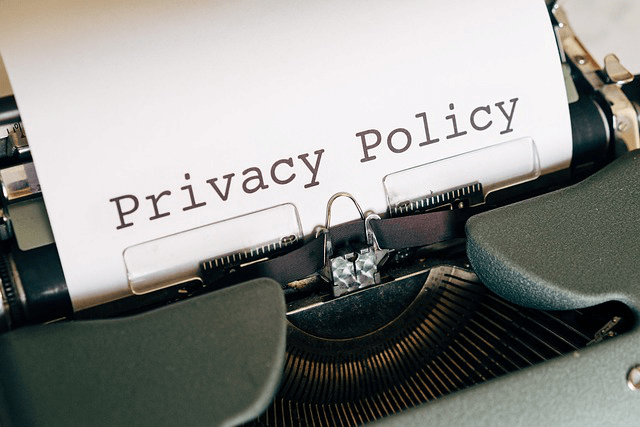As businesses expand and digitize operations, safeguarding customer and organizational data becomes more critical than ever. In today’s interconnected world, enterprises must ensure that their systems comply with national and international data privacy laws, ensuring secure handling of sensitive information. For businesses operating in Dubai and across the UAE, the need for robust ERP (Enterprise Resource Planning) systems with data protection capabilities is not just a matter of compliance but also of trust and operational integrity.
The Importance of Data Privacy in ERP Systems
Data privacy refers to the proper handling, processing, and storage of personal or sensitive information. With the rise in cyber threats, protecting sensitive data like financial details, customer information, and employee records has become a high priority for businesses. ERP systems manage vast amounts of data, which is why they must be equipped with advanced features to ensure this information is protected from unauthorized access, breaches, or misuse.
For businesses in Dubai, complying with local data protection regulations, such as the UAE’s Data Protection Law, is essential to avoid costly penalties and maintain a strong reputation. A well-configured ERP system ensures that all data within the system is secure, easily traceable, and handled in accordance with relevant regulations.
Key Features for Data Privacy Compliance in ERP Systems
To ensure full compliance with data privacy laws, businesses must ensure that their ERP system has the following key features:
Data Encryption: All sensitive data should be encrypted both at rest and in transit. This makes it unreadable to unauthorized users, ensuring data privacy.
Access Controls: Role-based access management is crucial to ensure that employees can only access data relevant to their roles. This minimizes the risk of data exposure.
Audit Trails: ERP systems should maintain a complete audit trail for every transaction or data modification. This helps track who accessed data and when, supporting transparency and compliance efforts.
Data Minimization: ERP systems should store only the data required for business operations. Excessive data storage increases the risk of breaches and non-compliance.
Data Anonymization and Pseudonymization: This process involves masking data to protect individuals’ identities, even if data is leaked.
Regular Security Audits and Updates: Ensuring the ERP system is regularly updated and secure against vulnerabilities is essential for data protection. Routine security assessments help identify and resolve any potential security gaps.
Benefits of Data Privacy in ERP Systems
Integrating data protection practices into your ERP system can have several advantages for businesses, particularly in industries where sensitive customer and financial data are handled:
- Enhanced Trust: Customers and partners are more likely to trust businesses that prioritize data privacy, which in turn can improve business relationships.
- Regulatory Compliance: Compliance with local data privacy laws avoids potential fines and reputational damage.
- Operational Efficiency: By incorporating data privacy features into the ERP system, businesses can streamline operations, reduce risks, and enhance productivity.
- Long-Term Security: A proactive approach to data privacy ensures that your ERP system remains secure as your business scales and handles more complex data.
Conclusion
As businesses in Dubai and across the UAE grow, the need for comprehensive, secure, and compliant ERP solutions becomes ever more pressing. With the right ERP system, companies can ensure that their data is protected, operations run smoothly, and they remain compliant with relevant data privacy laws. It’s not just about meeting regulatory requirements – it’s about building a sustainable, secure foundation for business success.
For businesses looking to stay ahead of the curve in data protection and ERP compliance, partnering with an experienced ERP provider like Facts ERP ensures you have a reliable, secure, and scalable system to support your business needs.
Ready to protect your business’s data? Contact us today to learn more about how Facts ERP can help you manage compliance and privacy with ease.
